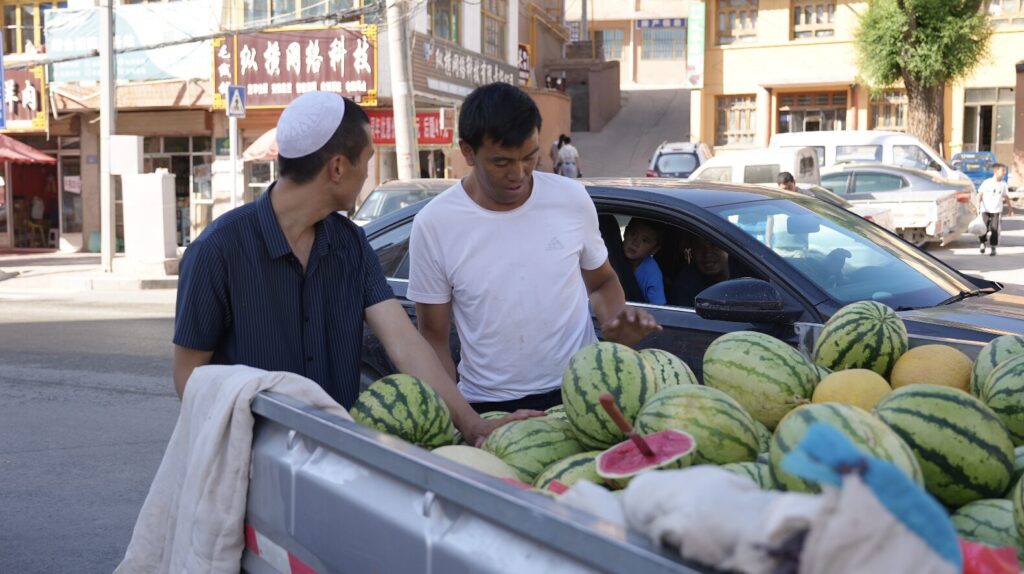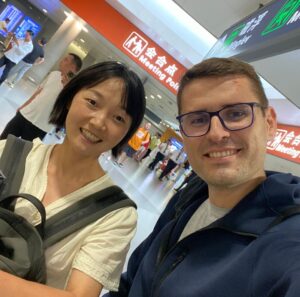Dongxiang is a place where history, faith, and resilience blend seamlessly. The Dongxiang people, one of China’s officially recognized ethnic minorities, have preserved their Islamic customs for centuries amidst remote and rugged hills. Mosques with gleaming green domes dot the countryside, and the call to prayer echoes across terraced fields. Life here moves at a slower, more deliberate pace, with traditions such as Friday prayers, fasting during Ramadan, and halal food practices deeply woven into everyday life. Walking through these villages, you can feel a strong sense of community and devotion, kept alive against the odds.
The people of Dongxiang are known for their warm hospitality and quiet dignity. Families often welcome travelers with plates of home-cooked food — fragrant lamb dishes, hand-pulled noodles, and fresh-baked bread. Storytelling is alive here too, as elders share tales of their ancestors’ migrations and struggles. Life is simple but deeply meaningful, rooted in a respect for faith, family, and the land. There’s a sense that every smile, every handshake carries the weight of generations who have worked to preserve their culture in the face of modernization.

The landscapes of Dongxiang are as soulful as its people. Rolling hills stretch endlessly, blanketed in a patchwork of golden fields, where farmers still work the land with traditional methods. Narrow dusty paths wind through small villages with ancient stone homes and colorful bazaars. In the early morning mist or under the brilliant afternoon sun, Dongxiang feels like a place frozen in time — beautiful, humble, and deeply human. It’s a destination that doesn’t shout for attention but stays quietly in your heart long after you leave.

AUTHOR
Get early access, behind-the-scenes content, and bonus interviews.
Help us keep sharing authentic, global Chinese voices.